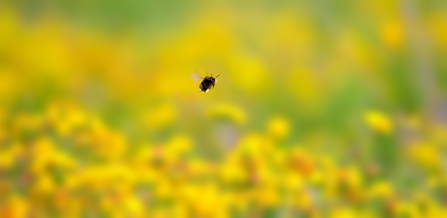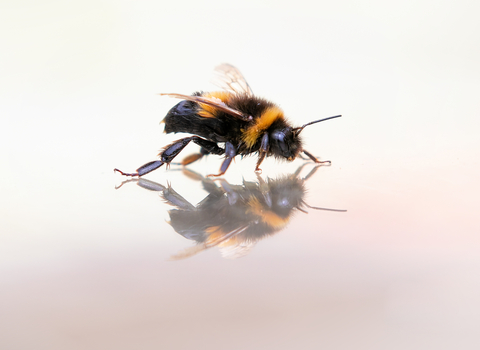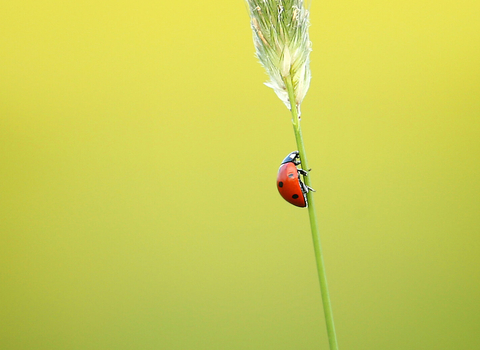There is no place for banned chemicals in a wilder future
Neonicotinoids are a group of pesticides that are highly harmful to the environment and wildlife. They are particularly dangerous for bees. Even a tiny amount of these chemicals can kill huge numbers.
A miniscule trace can disrupt a bee’s ability to navigate and reproduce, with long-lasting consequences for their survival. When neonicotinoids are washed into streams and rivers they are extremely toxic to aquatic invertebrates and further pollute our already struggling waterways.
Due to their environmental impact, neonicotinoids were banned for outdoor use in the UK in 2018.
Yet, for the fourth year, the UK Government has approved so-called ‘emergency authorisations’ made by the company British Sugar for the use of the highly damaging neonicotinoid, thiamethoxam, on sugar beet.
For the fourth year in a row the UK Government has been asked, by British Sugar, to authorise banned neonicotinoids. We need your help to ensure that these banned chemicals do not harm wildlife, rivers or soils across the country.
The UK Government must uphold its commitments to protect nature, reduce the impact of pesticides, and champion nature-friendly farming.
Add your name to the 40,000 others who are demanding that British Sugar stop asking the Government for special permission to use banned chemicals - neonicotinoids (known as neonics) – on sugar beet crops.
Back neonic-free sugar beet farming - sign our petition today

Jon Hawkins, Surrey Hills Photography
Need more info?
New research shows impact of neonicotinoid pesticides on UK rivers
The decisions to grant emergency authorisations have been made to protect sugar beet crops from the impact of Virus Yellows. However, in all three years the authorisation has been granted so far, the Government’s decision to allow the use of thiamethoxam on sugar beet went against their own expert advice. Both the Health and Safety Executive and the Expert Committee on Pesticides advised against authorising neonicotinoids, even in cases where the potential impact from Virus Yellows was high, as the risks to the environment far outweigh any benefits to the sugar beet industry.
Read the advice of the Expert Committee on pesticides
These decisions also ignore the 100,000+ members of the public who appealed to the then-Prime Minister in 2021 to reverse the first 'emergency' authorisation, undermine farmers who are working with nature to reduce their pesticide use, and runs a bulldozer through the Government's legally-binding commitment to halt species decline by 2030.


